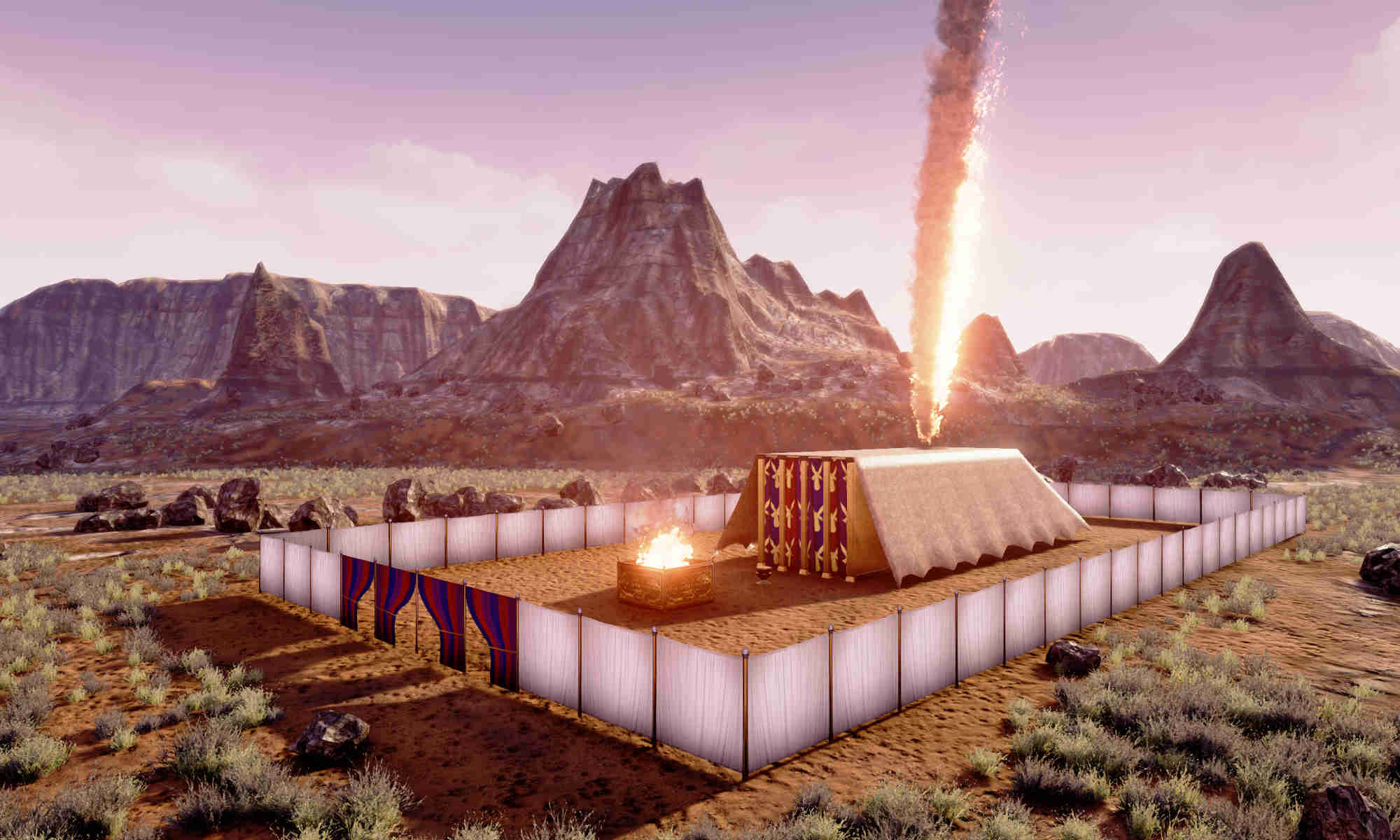The following is an excerpt from the book Education by Ellen G. White, page 41-44.
In the arrangements for the education of the chosen people it is made manifest that a life centered in God is a life of completeness. Every want He has implanted, He provides to satisfy; every faculty imparted, He seeks to develop.
The Author of all beauty, Himself a lover of the beautiful, God provided to gratify in His children the love of beauty. He made provision also for their social needs, for the kindly and helpful associations that do so much to cultivate sympathy and to brighten and sweeten life.
As a means of education an important place was filled by the feasts of Israel. In ordinary life the family was both a school and a church, the parents being the instructors in secular and in religious lines. But three times a year seasons were appointed for social intercourse and worship. First at Shiloh, and afterward at Jerusalem, these gatherings were held. Only the fathers and sons were required to be present; but none desired to forgo the opportunities of the feasts, and, so far as possible, all the household were in attendance; and with them, as sharers of their hospitality, were the stranger, the Levite, and the poor.
The journey to Jerusalem, in the simple, patriarchal style, amidst the beauty of the springtime, the richness of midsummer, or the ripened glory of autumn, was a delight. With offerings of gratitude they came, from the man of white hairs to the little child, to meet with God in His holy habitation. As they journeyed, the experiences of the past, the stories that both old and young still love so well, were recounted to the Hebrew children. The songs that had cheered the wilderness wandering were sung. God’s commandments were chanted, and, bound up with the blessed influences of nature and of kindly human association, they were forever fixed in the memory of many a child and youth.
The ceremonies witnessed at Jerusalem in connection with the paschal service,–the night assembly, the men with their girded loins, shoes on feet, and staff in hand, the hasty meal, the lamb, the unleavened bread, and the bitter herbs, and in the solemn silence the rehearsal of the story of the sprinkled blood, the death-dealing angel, and the grand march from the land of bondage,–all were of a nature to stir the imagination and impress the heart.
The Feast of Tabernacles, or harvest festival, with its offerings from orchard and field, its week’s encampment in the leafy booths, its social reunions, the sacred memorial service, and the generous hospitality to God’s workers, the Levites of the sanctuary, and to His children, the strangers and the poor, uplifted all minds in gratitude to Him who had crowned the year with His goodness, and whose paths dropped fatness.
By the devout in Israel, fully a month of every year was occupied in this way. It was a period free from care and labor, and almost wholly devoted, in the truest sense, to purposes of education.
In apportioning the inheritance of His people, it was God’s purpose to teach them, and through them the people of after generations, correct principles concerning the ownership of the land. The land of Canaan was divided among the whole people, the Levites only, as ministers of the sanctuary, being excepted. Though one might for a season dispose of his possession, he could not barter away the inheritance of his children. When able to do so, he was at liberty at any time to redeem it; debts were remitted every seventh year, and in the fiftieth, or year of jubilee, all landed property reverted to the original owner. Thus every family was secured in its possession, and a safeguard was afforded against the extremes either of wealth or of poverty.
By the distribution of the land among the people, God provided for them, as for the dwellers in Eden, the occupation most favorable to development–the care of plants and animals. A further provision for education was the suspension of agricultural labor every seventh year, the land lying fallow, and its spontaneous products being left to the poor. Thus was given opportunity for more extended study, for social intercourse and worship, and for the exercise of benevolence, so often crowded out by life’s cares and labors.
Were the principles of God’s laws regarding the distribution of property carried out in the world today, how different would be the condition of the people! An observance of these principles would prevent the terrible evils that in all ages have resulted from the oppression of the poor by the rich and the hatred of the rich by the poor. While it might hinder the amassing of great wealth, it would tend to prevent the ignorance and degradation of tens of thousands whose ill-paid servitude is required for the building up of these colossal fortunes. It would aid in bringing a peaceful solution of problems that now threaten to fill the world with anarchy and bloodshed.
The consecration to God of a tithe of all increase, whether of the orchard and harvest field, the flocks and herds, or the labor of brain or hand, the devotion of a second tithe for the relief of the poor and other benevolent uses, tended to keep fresh before the people the truth of God’s ownership of all, and of their opportunity to be channels of His blessings. It was a training adapted to kill out all narrowing selfishness, and to cultivate breadth and nobility of character.
A knowledge of God, fellowship with Him in study and in labor, likeness to Him in character, were to be the source, the means, and the aim of Israel’s education–the education imparted by God to the parents, and by them to be given to their children.

